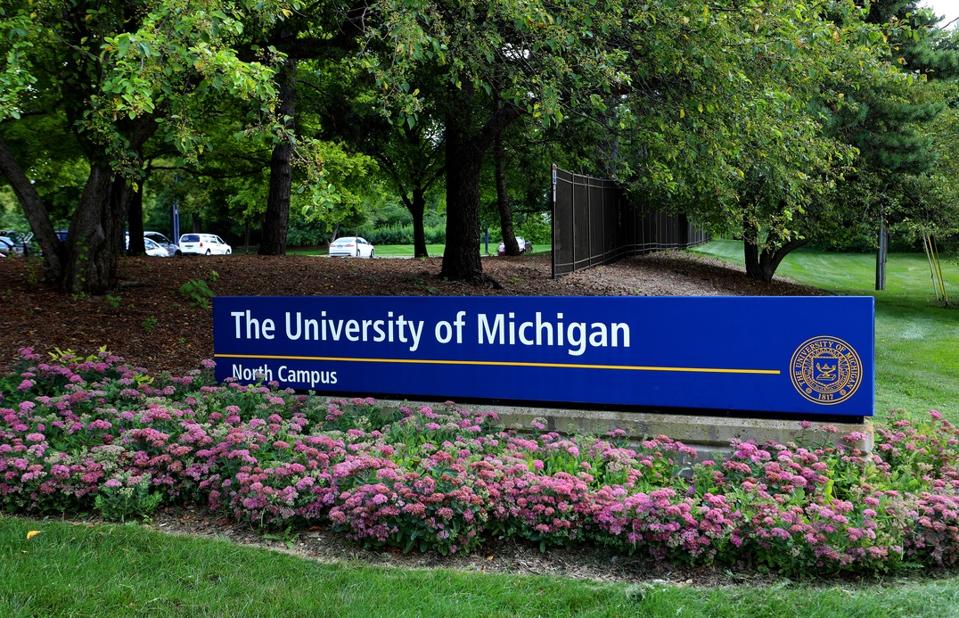Amid intensifying political and financial uncertainty facing America’s colleges and universities, UC Riverside and the University of Michigan have announced the launch of the Center for Strategic and Inclusive Governance. This national initiative for higher education helps university governing boards maintain their focus on student success, equity, and long-term sustainability.
CSIG emphasizes translating complex legal/policy changes into clear action steps, so boards can respond strategically rather than reactively. Led by Raquel Rall, associate professor and associate dean of strategic initiatives at UCR’s School of Education, and Demetri L. Morgan, associate professor of education at the University of Michigan, CSIG aims to empower boards in proactively navigating challenges.
University governing boards typically include appointed trustees from business or legal backgrounds. These trustees are responsible for critical decisions such as policy setting, presidential hiring, and resource allocation. Many trustees, however, start their roles without sufficient understanding of higher education’s unique dynamics and the varied needs of its constituents.
CSIG is aiming to directly address this gap. Supported by $400,000 in non-government grants, the center provides comprehensive resources, training, and real-time support designed specifically for trustees. It offers an accessible resource for boards to navigate complex decisions effectively, with a strong emphasis on accountability and equity.
“We want CSIG to be the Google of higher ed governance,” says Rall. “If a trustee at a small liberal arts college wants to understand their role, we have resources. If a president needs model board policies, we have templates. If a board requires assistance interpreting new federal mandates, we offer both resources and real-time support.”
CSIG has already begun advising institutions and is assembling a national advisory board of legal experts, former trustees, and academic leaders. Its digital platform is set for a full public launch later this year.
Other board initiatives are designed to support navigating the tricky waters of changes in higher education. The Association of Governing Boards of Universities and Colleges – a longstanding organization for higher ed boards – has in the past few years launched new initiatives emphasizing equitable student success as a governance priority. In 2021–2022, AGB received major foundation grants to develop training and tools for boards in this area, such as a Bill & Melinda Gates Foundation grant to create a board education curriculum on oversight of student success. The resulting project built a multimedia curriculum to help trustees focus on measurable student outcomes and close equity gaps, positioning student success as central to long-term institutional sustainability and part of boards’ fiduciary duty.
Concurrent with the Gates-funded effort, AGB and the John N. Gardner Institute (with support from Ascendium Education Group) launched the Governing Board Equity in Student Success Project. This project created an academy for board members, presidents, and leadership teams – piloted with public colleges in Kentucky – to build capacity for using data and evidence-based strategies to improve student retention and completion. AGB has also formed a Council for Student Success (supported by AT&T) to regularly convene trustees, CEOs, administrators, and faculty from diverse institutions and share effective practices. This council’s cross-functional dialogue informs AGB’s guidance and services, ensuring they address on-the-ground challenges and leverage member expertise.
As debates over campus speech and DEI have intensified, the Bipartisan Policy Center formed the Academic Leaders Task Force on Campus Free Expression to help institutions navigate these charged issues. Convened in 2020 and co-chaired by former college presidents from across the political spectrum, the task force released a major report “Campus Free Expression: A New Roadmap” in late 2021 (with updated recommendations in 2024). This initiative responds to concerns that both internal campus climates and external political forces are putting core values at risk: on one hand, some argue that proliferating DEI policies may chill free speech, and on the other, many fear that new state laws restricting DEI undermine academic freedom. In its Roadmap report and subsequent guides (tailored for presidents, trustees, faculty, and student affairs in 2024), the task force provides practical recommendations for policies and training that protect open inquiry while also advancing inclusion .
Ultimately, the mission of these initiatives are grounded in a belief that higher education is a public good. Strategic, informed governance protects not just programs but the future of higher education itself.

